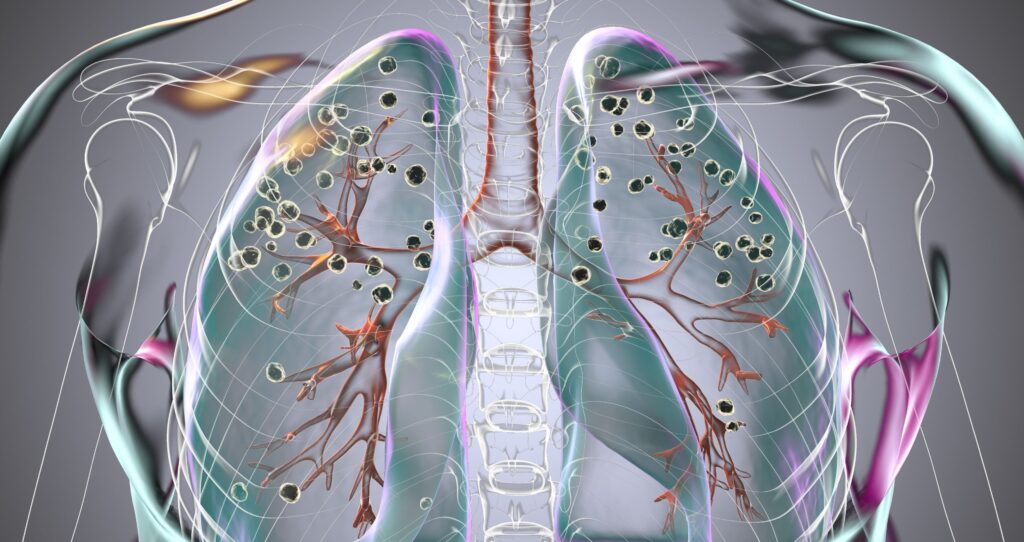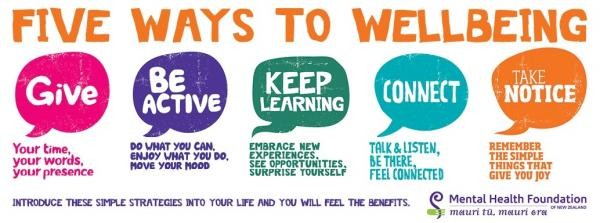
Gearing up for Spring

As we gear up for spring, support your team by:
Managing heat stress and sun safety
- Ensure your team has easy access to water
- Provide education and sun protection: sunscreen, hats, UV protective clothing, and shaded areas for breaks. OH Well offers skin checks as part of our annual health monitoring programme. For more information contact accounts@ohwell.co.nz
- Flexible work hours: consider starting staff earlier to make the most of the cooler parts of the day.
Increased risk of fatigue
- As we go into daylight saving time sleep patterns can be disturbed
- Often, we are busy getting jobs finished prior to the holiday season – encourage staff to take breaks, promote rest
- Monitor workloads especially for those people who may be offered the opportunity of overtime, extended workdays
Seasonal Equipment and Maintenance
- Review outdoor staff areas are safe, tidy and free of hazards
- Check and review outdoor tools and equipment
Cardiovascular Disease (CVD) Risk Assessment
- Empower your staff to make informed lifestyle choices that support their long-term wellbeing and productivity in your workplace. CVD checks help identify potential diabetes and heart-related conditions, such as high blood pressure and high cholesterol. It is also a good check for those people already diagnosed with these lifestyle related conditions. Spring is a great time to offer this monitoring to your staff. OH Well overs a range of wellness checks/screening that can be incorporated into your annual health monitoring programme. Ask about what is involved when booking your next health monitoring with OH Well.
Breathe Better September
Respiratory Conditions Awareness Month

Respiratory conditions like asthma, COPD and bronchiectasis affect 1 million New Zealanders. That’s 1 in 5 of us. It’s the third most common cause of death and costs us $8.4 billion each year. Every year hundreds of people die, and thousands are hospitalised after being exposed to harmful substances at work.
Asthma is the most likely respiratory condition linked to workplace exposures. Asthma symptoms present with tightness in the chest and difficulty breathing or as a persistent cough. Symptoms can develop immediately following exposure to a workplace substance or sometimes can appear several hours later, possibly at night. Some other associated conditions are rhinitis (sneezing and runny nose) and conjunctivitis (itchy and inflamed red eyes). Respiratory irritants may trigger attacks in those with occupational asthma or pre-existing asthma and are often worse at night or early in the morning.
Common Workplace Triggers
- Wood dusts
- Flour and grain dusts from farms, granaries, and bakeries
- Animal fur and protein from laboratories and veterinary clinics
- Foams and plastics, and the fumes given off during their manufacture
- Concrete dust and silica
- Welding fumes and grinding dusts
- Isocyanate paints
- Epoxy resins and other plastics from boat builders, mould manufacturers and plastic manufacturing processors
What can you do to protect your workers?
- Identify potential hazards – engage a suitably qualified occupational hygienist to determine contaminants in the air
- Familiarize yourself with the current Workplace Exposure Standards (WES) for the hazards in your workplace.
- Where contaminants in the air are determined to be approaching or above the current WES the hierarchy of controls shall be adopted. If the contaminant cannot be eliminated or reduced to well below the WES by engineering controls or work methods, then appropriate respiratory protection should be provided. This should not be the first or only control measure you should consider for you workers
- Annual health monitoring – this should include spirometry (lung function testing) and a comprehensive respiratory assessment
- Fit Testing – It is recommended that those employees wearing fitted respirators have a qualitative or quantitative fit test prior to issue to ensure that the mask is the correct size. This should be completed annually by a qualified person (Standard AS/NZS1715:2009). OH Well has staff who are trained and qualified under the Commit2Fit Programme.
- Support your staff to quit smoking or vaping. It is important to note that staff who are smokers are at a higher risk than non-smokers of developing health issues due to occupational respiratory exposures, and while vaping can be an effective way to stop smoking, it should not be used as an alternative. Recent research is now showing that vaping has harmful effects on the lungs.
For more information on health monitoring, fit testing and supporting your staff to quit smoking/vaping, please contact OH Well
Mental Health Awareness Week

Mental health and wellbeing is important to us all. It is something we should look after so we can all lead our best and most fulfilling lives. Mental Health Awareness Week is a reminder for us all to prioritise and nurture our mental health all the time.
Mental health is an important part of the working environment and by ensuring your workplace is safe, strong and supportive you are ensuring your staff can support you to be a successful business.
What can you do?
- Ensure you have a good workplace induction process, so workers have clear understanding of the support that is available to them and how to access this
- Have good policies in place that minimise and manage workplace stress, prevent bullying and help support positive working environments
- Build an organisational culture that encourages and allows positive communication at work
- Enhance mental wellbeing – get involved in Mental Health Awareness Week and ongoing events/activities
- Utilise resources such as the Mental Health Foundation and Worksafe.
“For every dollar a small business owner invests in company-wide wellbeing initiatives for their staff, they can expect to see a return of up to 12x within a year.”
Xero and the New Zealand Institute of Economic Research (NZIER), 2021
Nāu te rourou, nāku te rourou, ka ora ai te iwi.
With your food basket and mine, the people will flourish.
